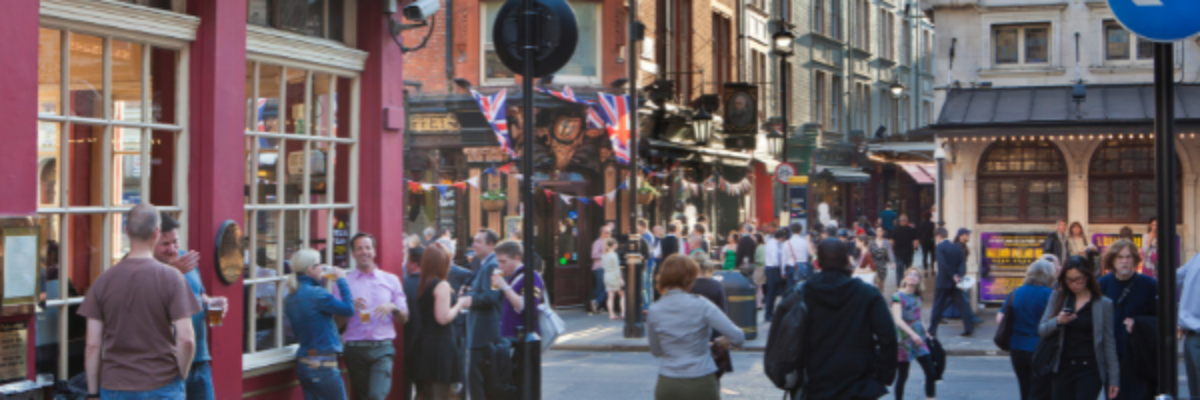Safety Practices Outdoors

Safety Practices Outdoors
As licensed premises reopen and emerge from COVID-19 restrictions, managers and staff, who may have been furloughed or newly recruited staff, will be looking to make the most of their venue’s gardens and other outdoor seating areas during the summer months.
However, what is clear already is that there is huge pent-up demand from customers keen to reunite in a convivial, social atmosphere with family and friends they haven’t seen for many months.
As well as meeting COVID-19 cleaning, hygiene and social distancing requirements, how can licensees manage the welcome boom in outdoor business in a safe and secure way?
From a policing perspective, operational security and management practices in place inside venues need to be replicated or adapted to outside spaces too – perhaps in areas that haven’t been used before.
Licensees will need to consider how they manage outdoor noise, nuisance and boisterous behaviour, possibly in close proximity to local communities, which have become accustomed to peace and quiet since lockdown. Potential flashpoints could be longer than expected queues and more crowded smoking areas.
In addition, consideration should be given to the prompt collection outdoors of used glassware, bottles and cutlery, and the fixing of outdoor furniture to prevent these items being used to harm. Then there is the potential outdoor concealment of drugs and whether existing CCTV coverage and lighting is suitable and appropriate.
Customer ejection and removal procedures from outside spaces, which may be next to a busy road, need to be planned carefully. Arrangements around the availability of taxis and signposting to transport hubs can be key to ensuring customers get home safely.
Vulnerable person safeguarding, particularly women, is high on the Government agenda following the much-publicised death of Sarah Everard in March and the continued risk of terrorist attacks. Since 4 February, 2021 the threat level has been at ‘substantial’ – meaning an attack is ‘likely’. It’s important that hospitality staff are aware of the different types of vulnerability and the simple measures they can take to reduce risk.
Developed at the request of the Home Office and supported by the National Police Chiefs’ Council, Licensing SAVI is an online self-assessment which provides for the first time, consistent guidance and standards that licensed premises in England and Wales need to meet the requirements of the Licensing Act 2003 and promote the four Licensing Objectives: Prevention of Public Nuisance, Prevention of Crime and Disorder, Protection of Children from Harm, and Public Safety. Many of the safety and security measures in Licensing SAVI can be introduced quickly and at little or no cost.
Licensing SAVI includes a non-assessed guidance section on counter terrorism and a COVID-19 risk assessment template for licensees to use.
Licensees that complete the self-assessment will receive a Star-Rating and can apply for Licensing SAVI Accreditation and an Award, which will show their Star-Rating and can be displayed at their venue to show the efforts undertaken to enhance safety.
You can undertake the Licensing SAVI self-assessment by clicking the button below: